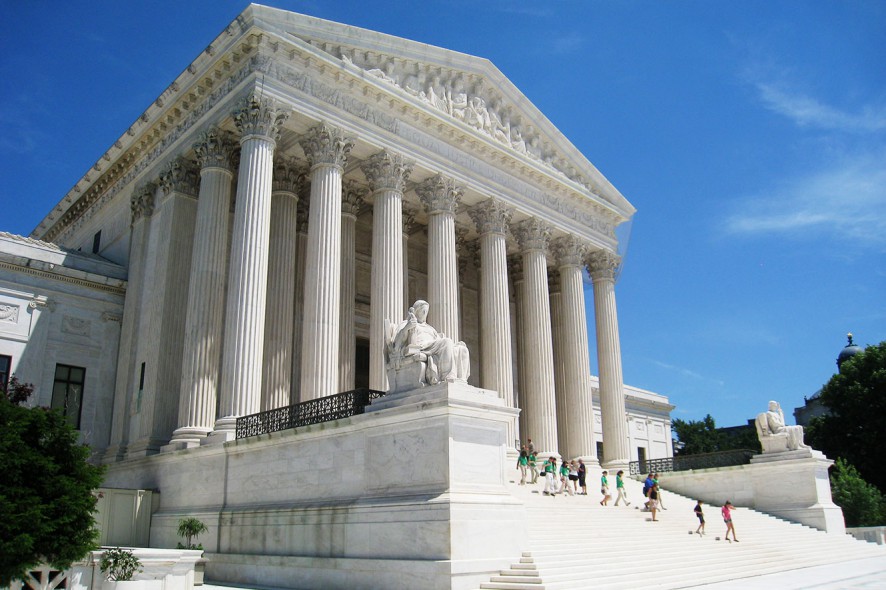Supreme Court of the United States: While deciding the issue that whether the 2010 Dodd-Frank Wall Street Reform and Consumer Protection Act, covers the protection of an individual who has not reported a violation of the securities law to the Securities and Exchange Commission (SEC), and whether such individual comes under the definition of ‘whistleblower’ for the purposes of the said Act, a 10-Judge Bench headed by John G. Roberts, C.J., answering in negative, held that, Dodd-Frank’s anti-retaliation provision does not extend to an individual who has not reported any legal violations to the SEC.
In order to combat and root out corporate fraud, US Congress passed the Sar-banes-Oxley Act, 2002 (Sarbanes-Oxley) and the 2010 Dodd-Frank Wall Street Reform and Consumer Protection Act (Dodd-Frank) to protect the whistleblowers from retaliatory measures of the guilty corporations. The Dodd-Frank Reform defines a ‘whistleblower’ as any individual who provides information relating to a violation of the securities laws to the Commission, in a manner established, by rule or regulation, by the Commission. In the present case, the respondent alleged that the petitioner terminated his employment soon after he reported a suspected securities-law violation by the company to the senior management. The respondent claimed protection under the anti- retaliation provision in the Dodd-Frank Reform. However, the petitioner contended that the respondent is not a whistleblower as he did not alert the SEC prior to his termination.
Perusing the laws and the contentions, the Bench interpreted the term ‘whistleblower’ as stated in the Dodd-Frank Reform and observed that a statute’s explicit definition must be followed, even if it varies from a term’s ordinary meaning. Furthermore looking into the objective of the Dodd-Frank Reform, the Court noted that the provisions aim to aid the Commission’s enforcement efforts by motivating people, who know of securities law violations, to tell the SEC. [Digital Realty Trust Inc. v. Somers, No. 16–1276, decided on 21.02.2018]






